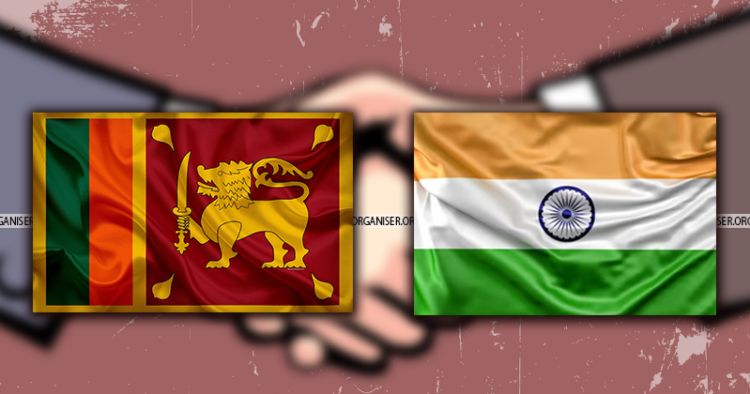Sri Lanka’s Parliament Speaker Mahinda Yapa Abeywardena expressed his gratitude to India for providing all kinds of financial assistance to it when last year the island nation was marred by a severe economic crisis. While addressing the delegates of the Indian Travel Congress here, Abeywardena said that India “saved us” during the financial crisis otherwise, there would have been “another bloodbath for all of us”.
Abeywardena said that they are grateful to India for extending all possible help when the country was witnessing financial crunch. He further said that both India and Sri Lanka have similar civilisational ties and they are also interconnected culturally, nationally, and policy-wise. The Sri Lankan speaker called India a trustworthy associate.
Abeywardena lauded India during the presence of Indian High Commissioner to Sri Lanka, Gopal Baglay, Sri Lanka’s Tourism and Lands Minister, Harin Fernando. Showering praise on India, he said, “I must tell you, during the trouble that we had last year, you (India) saved us, India saved us otherwise, there would have been another bloodbath for all of us. So, that is how India came to help us.”
India had last year provided USD 3.9 billion credit line and had also assured the International Monetary Fund (IMF) to restructure the country’s debt and India’s Foreign Minister S Jaishankar had assured Sri Lanka that the would enhance investment flow so that the country could come out of its debt.
India’s Ministry of External Affairs had issued a statement in which it had said that “Sri Lanka is a close friend and neighbour, and India has stood with the people of Sri Lanka at all times.”
India’s Foreign Minister S Jaishankar was the first foreign dignitary who had visited Sri Lanka at the time of economic crisis.
Sri Lanka Hit By Economic Crisis in 2022
Owing to soaring inflation, acute shortage of fuel and severe power crisis, protests erupted in Sri Lanka. People took to the streets and there were widespread demonstrations in the capital city of Colombo. Owing to severe fuel shortage, buses, trains and medical vehicles could not ply. Moreover, the country did not have adequate foreign currency reserves so that it could import fuel. Due to the shortage of fuel, the prices of petrol and diesel rose drastically.
The Sri Lankan government had to impose a ban on the sale of petrol and diesel for non-essential vehicles for almost two weeks. Inflation had hit an all time high of 17.5 percent, prices of food items such as a kilogram of rice rose to soaring to 500 Sri Lankan rupees while in normal times it would cost around 80 rupees. Due to shortages, one 400g packet of milk powder costed more than 250 rupees (A$1.05), when it usually costs around 60 rupees (A$0.25).
Meanwhile, it was on April 1 that President Gotabaya Rajpaksha declared a state of emergency. There were huge demonstrations across the country and people barged into the president’s house.
In the past, Sri Lanka had tried to secure USD 2.9 billion bridge loan from the International Monetary Fund. Meanwhile, IMF bailout was put on hold as Sri Lanka was pursuing talks with creditors so as to meet the global lender’s condition for the facility.




















Comments